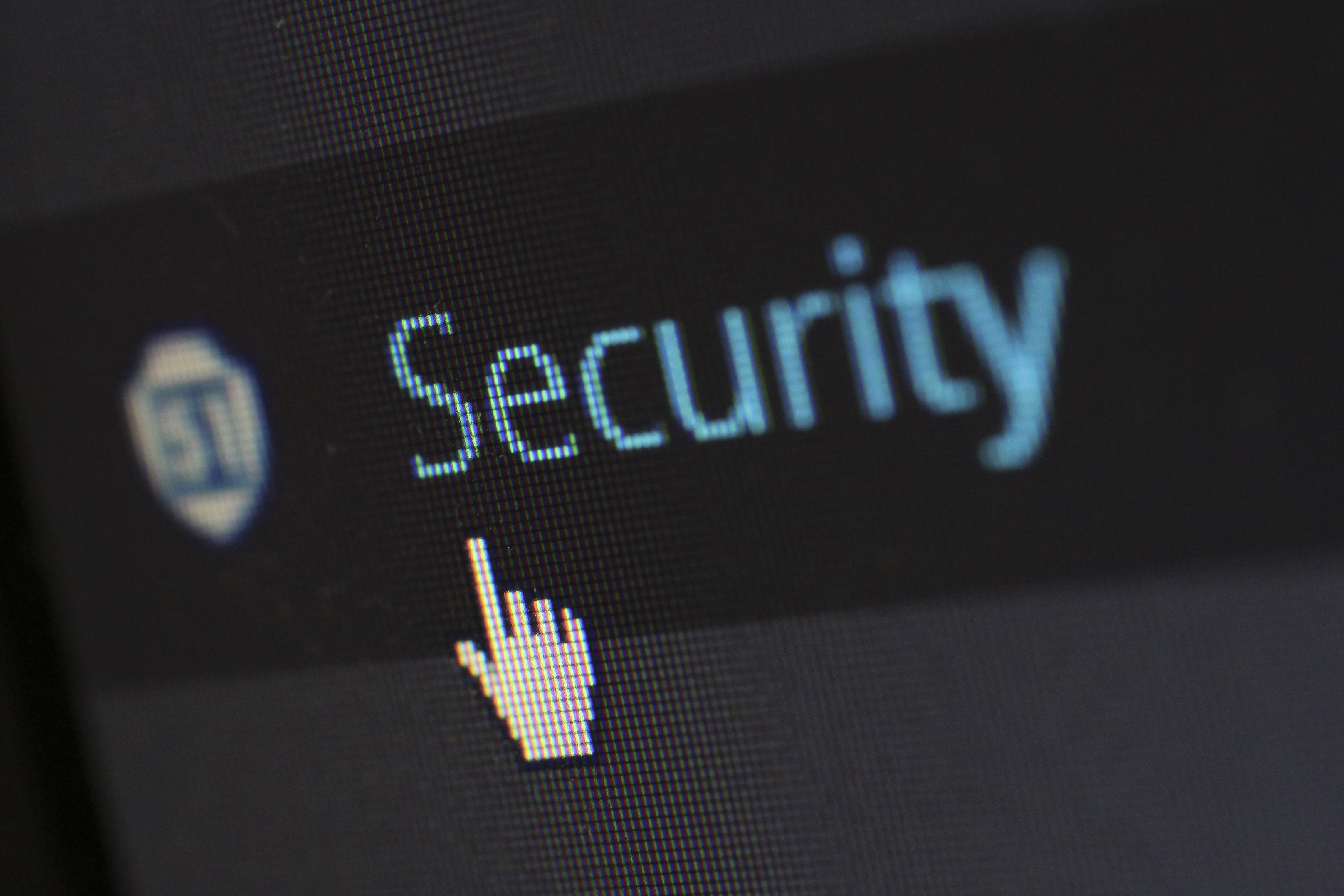Data Security is a critical concern for pharmaceutical industry companies, as they must maintain the safety and privacy of their confidential information. This includes patient records, drug research data, financial documents, and other valuable assets. To ensure their data remains secure, pharmaceutical companies must invest in strong security measures including encryption technology, authentication protocols, firewalls, and access control systems. Additionally, pharmaceutical firms should create policies and procedures to protect employee accounts from malicious attacks such as phishing schemes or social engineering activities. By taking proactive steps to secure their data, pharmaceutical organizations can remain ahead of potential threats and keep their sensitive information safe.
Additionally, pharmaceutical companies should conduct regular risk assessments to identify any vulnerabilities in their networks or systems that could be exploited. These assessments can include penetration testing and vulnerability scanning to identify weak points, as well as regular security audits and reviews of existing systems. Completing these tasks on a regular basis allows pharmaceutical firms to stay one step ahead of potential threats and ensure their data remains safe.
By investing in strong data security measures and conducting regular risk assessments, pharmaceutical companies can keep their confidential information secure from malicious actors. Doing so is essential for staying compliant with industry regulations, protecting customer privacy, and guarding against any financial losses that may result from a breach or other incident. With the right security protocols in place, pharmaceutical organizations can feel confident that their data is safe and secure.
Pharmaceutical companies need to adhere to highly stringent regulations on data protection and patient privacy in order to ensure that patients’ sensitive medical data remains secure. This includes following guidelines set out by organizations such as the Health Insurance Portability and Accountability Act (HIPAA) and the European Union's General Data Protection Regulation (GDPR). Pharmaceutical companies must also have robust processes in place around access and use of any personally identifiable information (PII), including implementing measures such as multi-factor authentication, encryption, and regular security audits. By adhering to these rules, pharmaceutical companies can ensure that their customers' safety and privacy are protected at all times.
Additionally, pharmaceutical companies need to take extra precautions when dealing with pharmaceuticals as they are classified as controlled substances. This means that they must track and monitor all pharmaceutical transactions in order to prevent any misuse or abuse of the drugs. Pharmaceutical companies also need to ensure that proper safety protocols such as wearing protective clothing and using sanitary equipment are followed in any pharmaceutical production or distribution facility. This includes following World Health Organization (WHO) guidelines as well as any local regulations that may be in place. By taking the necessary measures to protect both patient data and pharmaceuticals, pharmaceutical companies can ensure that their customers' safety and privacy are prioritized at all times.






